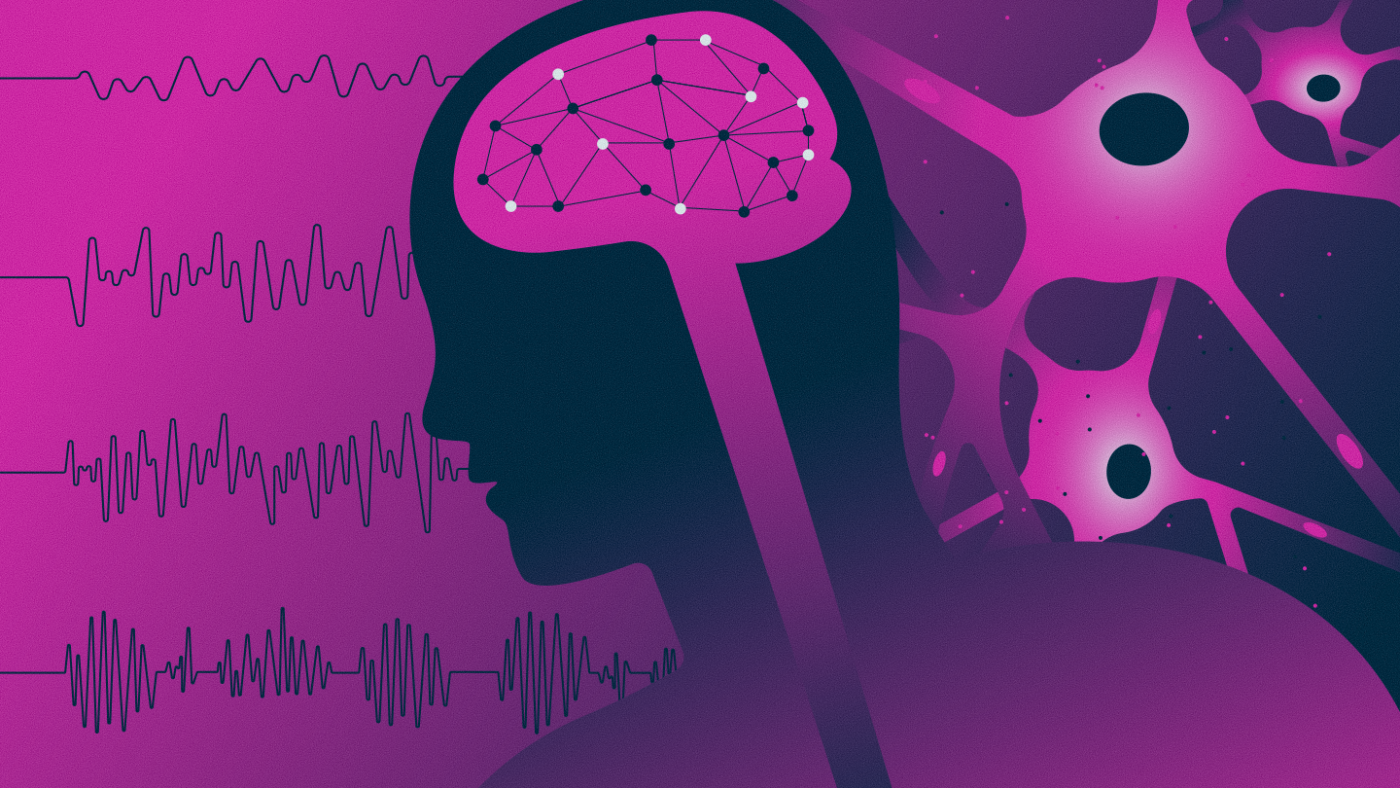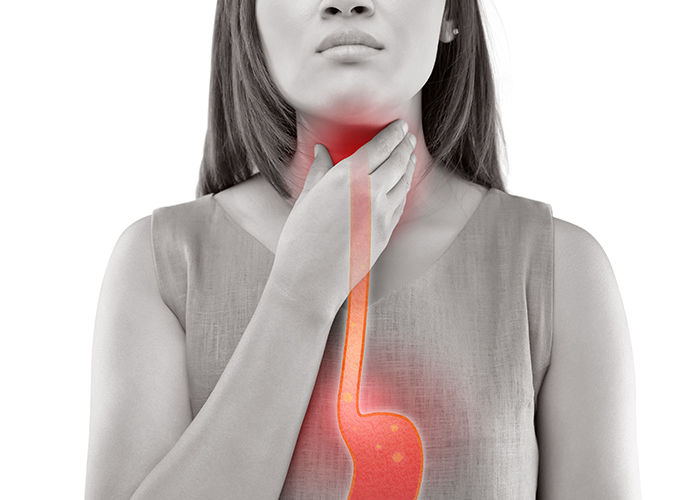There are no products in your cart
Categories
TOP
TOP
- 1. COVID -19 SEJOY rapid antigen test for nasal passages
- 2. Rapid test for COVID-19 antigens
- 3. AteroLip complex N90. Better price!
- 4. 3 PCS of AteroLip complex N90 better price!
- 5. BASICA SPORT, 660 g
- 6. 4 PCS of AteroLip complex N90 better price!
- 7. A+E vitamins Nourishing Ointment 60g BIG PACK
- 8. Sale! 3 PCS of FORCAPIL, effective nutritional supplement for ...
- 9. Orthomol Immun (30 daily doses)
- 10. Orthomol Arthro plus (30 daily doses)
Now Online
Now Online
We have 618 guests online
Health
Is atherosclerosis preventable?

Atherosclerosis is a chronic disease in which deposits called atherosclerotic plaques form on the walls of blood vessels, especially arteries. These plaques are formed due to the accumulation of cholesterol, fat, calcium and other substances. Over time, these plaques can harden and stiffen the walls of blood vessels, thereby reducing the lumen of the arteries and interfering with normal blood flow.
Panic attacks and everything you need to know about them
Panic attacks are intense outbursts of fear or distrust that can occur unexpectedly, often for no apparent reason. These attacks can last anywhere from a few minutes to half an hour, and they usually peak within the first 10 minutes. At this time, the person may experience a variety of symptoms that are often intense and frightening, such as rapid heartbeat (tachycardia), sweating, tremors, shortness of breath, chest pain, and dizziness.
Can reflux be controlled? Causes, symptoms and treatments
Reflux is a digestive disorder in which stomach acid flows back into the esophagus. This process can cause unpleasant symptoms and, if it happens regularly, it can cause serious health problems. The stomach, which is part of the digestive system, produces the acid needed to digest food. The esophageal sphincter, a muscle between the stomach and esophagus, acts as a valve that allows food to pass from the esophagus to the stomach while preventing stomach acid from backing up into the esophagus.
What is epilepsy? Symptoms, causes and its types

Epilepsy is a chronic neurological condition characterized by recurrent epileptic seizures, which are caused by excessive electrical activity of neurons in the brain. A seizure can be very different and depends on which part of the brain is affected and how much of the brain is affected.
Flu and its effects on our health

Flu is an infectious disease caused by influenza viruses that affects the respiratory tract. This disease can be mild or severe and can even be fatal in severe cases. Colds and the flu are often confused, but the flu is a much more serious condition.Flu viruses belong to the Orthomyxoviridae family and are divided into three main types: A, B and C. Flu A and B viruses are the main causes of influenza in humans. They cause seasonal flu outbreaks and epidemics. Flu A viruses are more prone to mutations and genetic diversity, allowing them to cause pandemics. This is called antigenic drift and shift.
More Articles...
Page 15 of 45








